Tactics of Avoiding Committee Audit by Judicial Authorities from Turkey
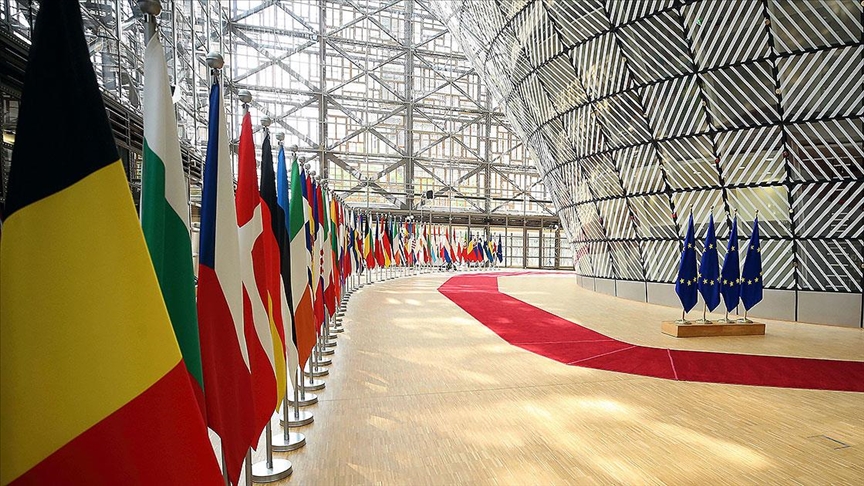
Since the beginning of the audit process of the Committee of Ministers regarding the implementation of the Selahattin Demirtaş and Osman Kavala decisions, Turkey claims before the Committee that they were held in prison because of ‘other’, ‘new’ or ‘out of the scope of the ECHR decision’ files, which are not related to the judicial processes that the ECHR found a violation.
The government claims that the ECHR’s ‘immediate release’ decision was actually fulfilled, citing the ‘show’ release orders given by the judicial authorities at one stage, which were never actually implemented. In this way, it tries to prevent the repeated demands of ‘immediate release’ by the Committee and the pressure that will increase gradually if the demands are not fulfilled. While doing this, it does not hesitate to use the judiciary, which has serious and rightful question marks on its independence and impartiality, as a tool.
As NGOs, during the preparation of the Rule 9.2 notifications we made to the Committee, we examined and analyzed in detail the ECHR decisions, the judicial processes in domestic law against Osman Kavala and Selahattin Demirtaş, and the government’s arguments before the Committee, in the light of the information and documents we were able to access. We shared our evaluations of these investigations and the results we reached with the Committee through our notifications. In a briefing organized by the European Implementation Network, we made a presentation to the delegates of the Committee of Ministers before the September 2021 meeting on the developments in domestic law in terms of both resolutions and the stage reached. A part of the presentation will be about the five ‘tactics’ adopted by the judicial authorities in order to ‘avoid’ the obligation of the ECHR to implement the Osman Kavala and Selahattin Demirtaş judgments and the coercive steps to be taken by the Committee of Ministers, as revealed by our Rule 9.2 notification work:
-
- Unenforced, ‘for show’ release orders: At one stage of the judicial processes, both Osman Kavala and Selahattin Demirtaş were released. However, these decisions were never actually implemented. The ostensible release orders are based on the argument by the government before the Committee that the ECHR’s immediate release decision has essentially been complied with.
- To carry out more than one judicial process against the applicants based on the same or similar factual or legal grounds: There are multiple criminal proceedings against both applicants. These processes are based on the facts, legal situations or acts that the ECHR deals with within its determinations regarding rights violations. However, the government changes the process on which Selahattin Demirtaş and Osman Kavala are kept in prison, especially when there is an important development before the ECHR or when the pressure of the Committee increases. Before the Committee, it puts forward the misleading argument that this is a ‘new’ or ‘different’ process that is outside the ECHR judgments.
- Maintaining the state of being held by chain decisions: By manipulating the judicial processes against Osman Kavala and Selahattin Demirtaş, a transitory and successive chain is created between the arrest decisions and the judicial processes when needed. In this way, despite the progress or changes in the judicial processes, both continue to be kept in prison. This is done using the following methods: (1) Re-characterizing the factual, legal or factual grounds discussed in the ECHR judgments and claiming that these acts constitute (also) another crime not mentioned before in the Criminal Code, and issuing an arrest warrant based on this; (2) the introduction of other judicial processes that are open and which have essentially been evaluated by the ECHR, and the issuance of arrest warrants under them; or (3) expediting an pending judicial process to impose a prison sentence and alleging that the ‘detention’ was maintained for the ‘purpose’ of the execution of the sentence.
- Baseless decisions regarding the trial procedure: While the trials continue, arbitrary procedural decisions are made without an acceptable reason or justification, trying to make the judicial processes complex, incomprehensible and inextricable. Among these decisions, the ‘merging’ decisions made in the judicial processes regarding both Selahattin Demirtaş and Osman Kavala draw particular attention. Decisions of this nature are used to keep the applicants in prison for a long time and to manipulate the process before the Committee of Ministers.
- Speeding up the judicial process and concluding with a prison sentence: For Selahattin Demirtaş, the judicial process before the Istanbul 26th High Criminal Court and the conviction decision were used when needed, both before the ECHR and the Committee of Ministers. Finally, before the Committee, the government argues that the applicant is no longer ‘detained’ but ‘convicted’ due to the final sentence after the Supreme Court’s approval decision of April 2021, therefore the ECHR’s immediate release decision cannot be applied to him. However, as we discussed in our July 2021 notification to the Committee, this trial falls within the scope of the ECHR decision. Moreover, Selahattin Demirtaş is still in detention within the scope of the ongoing proceedings before the Ankara 22nd High Criminal Court. The government does not knowingly share this information with the Committee.
It should be noted that this list is not exhaustive, but only focuses on the most obvious tactics seen so far. Also, that the decisions of the ECHR and the extremely important evaluations in the decisions are not considered at any stage by the judicial authorities, which are used as a tool for the implementation of these tactics. Moreover, the government’s intervention to the judges and prosecutors involved in the processes by the hand of the HSK continued through ‘appointment’, ‘relocation’, ‘promotion’ or ‘disciplinary investigations’.
The purpose of all these practices is to continue to keep both applicants behind bars with political motives, the existence of which is unquestionably determined in the ECHR decision. The government is also trying to justify the detention of Selahattin Demirtaş and Osman Kavala in the eyes of the Committee and the public. This is the case of Turkey in Article 46/1 of the Convention. It is clearly contrary to the obligation to fulfill the ECHR decisions defined in the article. Aside from fulfilling this obligation, the government continues the practice of limiting rights in ‘bad faith’ as determined by the Court. It tries to get rid of its obligations by manipulating the ongoing judicial processes and the process before the Committee of Ministers with the tactics mentioned above.
At this point, it becomes very important for NGOs to be included in the process of monitoring the implementation of these and similar decisions. Because the evaluations of NGOs on the determination of these practices of the government, the discussion of whether the allegations put forward before the Committee reflect the truth, eliminating the question marks that may arise in this regard in the Committee components and revealing the actual situation are very effective in the approach of the Committee to the implementation of the decisions.
What Awaits Turkey at the Committee’s 14-16 September 2021 Meeting?
The Committee of Ministers will determine the next steps to be taken to ensure the implementation of the Selahattin Demirtaş and Osman Kavala decisions at the upcoming 14-16 September 2021 meeting. For Osman Kavala, it is an extremely important question whether the violation procedure will be implemented under Article 46/4 of the Convention, especially after the decision of the Committee to continue the detention given by the Istanbul 30th High Criminal Court in August 2021 and to merge it with the Çarşı case. The violation procedure means that the Committee is directed to the ECHR whether the state, which refused to comply with the requirements of an ECHR judgment against it, violated its obligation to ‘fulfill the judgments of the ECHR’ set out in Article 46(1) of the Convention. The committee has so far only operated this procedure, which has great diplomatic weight, in the case of Ilgar Mammadov against Azerbaijan. Turkey is on its way to becoming the second Council member country for which this step has been taken. The execution of the infringement procedure by the Committee can be seen as one of the first signs of a process that may lead to the suspension of the membership of the Council regulated in Article 8 of the Statute of the Council of Europe and removal from the membership.
For Selahattin Demirtaş, the Committee will make a very critical assessment at its September 2021 meeting regarding the judicial process of the Istanbul 26th High Criminal Court, which was completed without any consideration of the extremely important evaluations in the ECHR decision and the facts on which the violation decision was based, and its place in the face of the ECHR decision. The Committee’s decision on Selahattin Demirtaş is not only based on the axis of the right to freedom and security, but also on the right to freedom of expression (Article 10 of the ECHR), the right to free elections (Article 3 of Protocol No. It is very important to look at it from the axis of article 18) by adopting a holistic approach. The Committee of Ministers, with its evaluation on this issue, will give clues on how to continue the audit process regarding the decision.
We, as NGOs, conveyed our detailed evaluations and suggestions to the Committee regarding the stage reached in both applications. If these are considered, it is highly likely that the Committee will aggravate the steps it will take against Turkey during the audit process. In any case, a Turkey that refuses to implement the ECHR decisions by not releasing Selahattin Demirtaş and Osman Kavala and does not make the structural changes required by the decisions means a Turkey that risks the start of the winter period in its relations with the Council of Europe. Let us reiterate our repeated calls, drawing attention to the weight of the humanitarian, diplomatic and political consequences of this scenario: Osman Kavala and Selahattin Demirtaş should be released immediately, and effective and real steps should be taken to eliminate the structural and systematic problems of rights violations, especially the violations against rights defenders and opposition politicians, which the ECHR has pointed out in its decisions.
This article consists of two parts, and you can find the first part here.


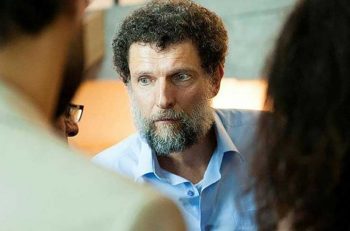

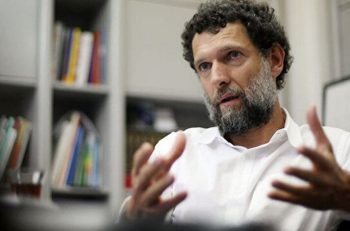
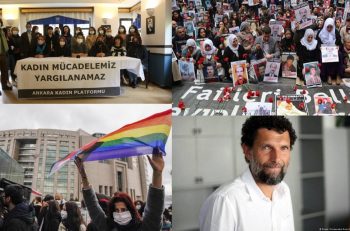
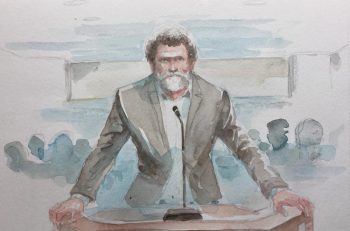


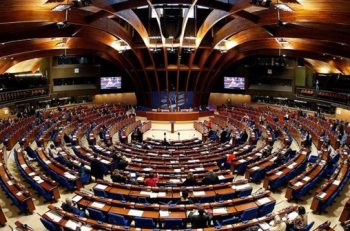
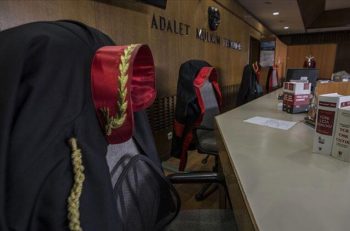

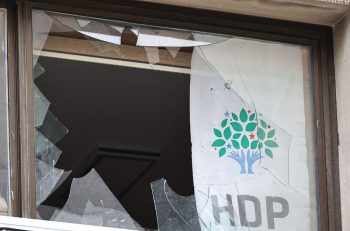
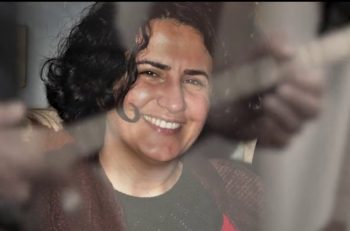
Bizi Takip Edin